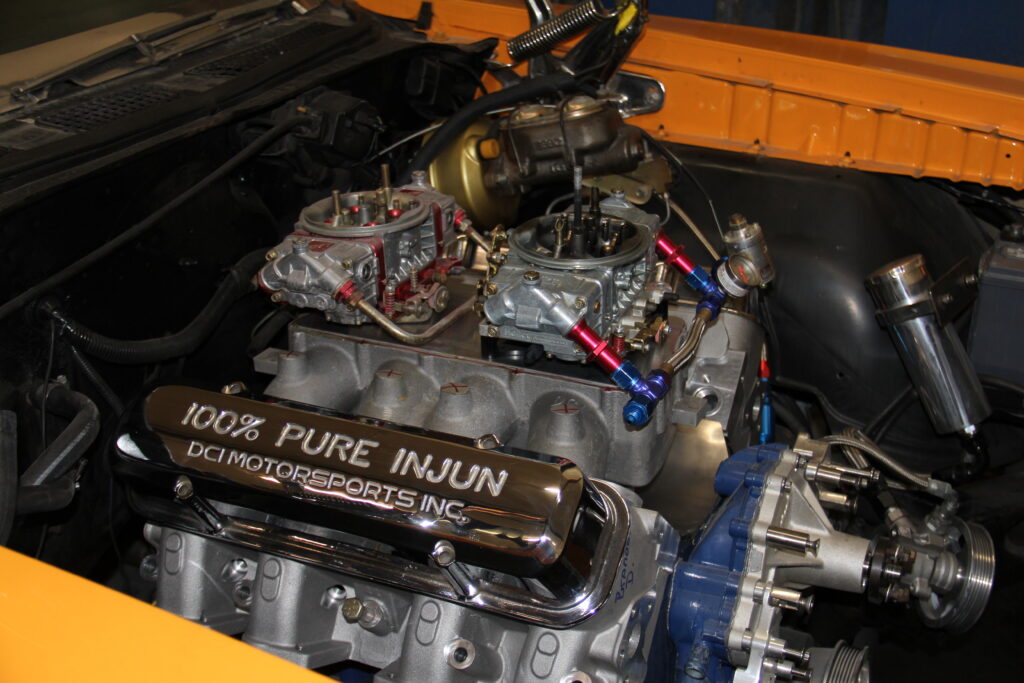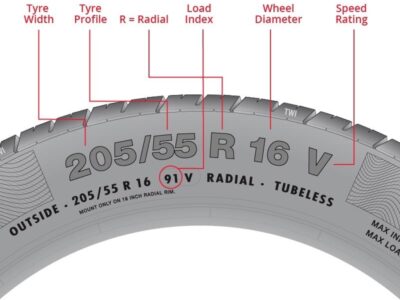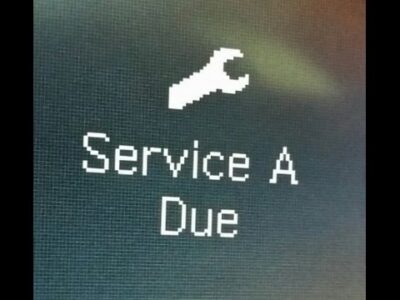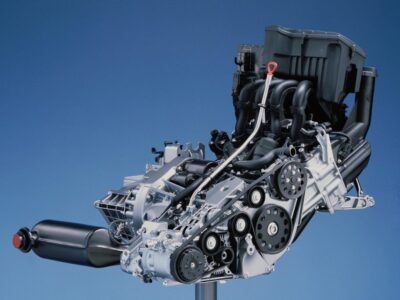
Renault Captur Engine Oil Guide: The Complete UK-Focused Handbook for Every Model and Year

- Overview of the Renault Captur Lineup
- Why Using the Correct Oil Grade Matters
- Understanding Viscosity Grades for Renault Captur Engines
- Renault Captur Engine Oil Requirements by Model & Year
- Renault Captur Diesel 1.5 dCi – Recommended Oil Grades
- Renault Captur Petrol TCe – Recommended Oil Grades
- Complete Oil Grade Reference Table
- Oil Capacity Estimates for UK Renault Captur Engines
- Signs Your Captur Needs an Oil Change
- Oil Change Interval Recommendations
- Best Oils for Renault Captur in the UK
- How to Check Oil Level in a Renault Captur
- Common Mistakes to Avoid
- Final Thoughts
Overview of the Renault Captur Lineup
The Renault Captur stands as one of the UK's most successful compact SUVs, prized for its elevated driving position, practicality, and sleek European styling. Built on the Clio platform, it blends city-friendly dimensions with modern technology and a wide selection of petrol, diesel, and hybrid powertrains. Across its generations—covering early 2013 models to the latest versions—the Captur demands precise oil selection to maintain longevity, performance, and efficiency.
We’ve created the most comprehensive oil-grade reference available, ensuring every Captur owner can confidently choose the exact specification required for their engine.
Why Using the Correct Oil Grade Matters
Selecting the proper engine oil affects every aspect of Captur ownership. The right oil ensures smoother cold starts, reduced friction, cleaner combustion, lower emissions, and optimal fuel efficiency—especially important for UK drivers navigating diverse climates from chilly Scottish mornings to brisk Welsh winters.
Modern TCe petrol and dCi diesel units depend heavily on precise lubrication. Using the wrong grade can lead to:
- Excessive wear
- Sludge formation
- Turbocharger damage
- Reduced fuel economy
- Increased emissions
- Shortened engine life
Understanding Viscosity Grades for Renault Captur Engines
Engine oil viscosity is expressed in values like 0W-20, 5W-30, or 5W-40. These numbers describe how the oil behaves in cold and hot conditions:
You may be interested in reading Renault Captur Fuel Tank Capacity: The Complete, High-Detail Guide
Renault Captur Fuel Tank Capacity: The Complete, High-Detail Guide- Lower first number (0W–5W): Better cold-start performance
- Lower second number (20–30): Thinner oil at operating temperature
- Higher second number (40): Thicker oil for higher-stress engines
The Captur lineup mainly uses:
- 5W-30 for diesel engines
- 5W-40 for petrol engines
These protect the turbocharged units effectively while meeting European emissions and efficiency standards.
Renault Captur Engine Oil Requirements by Model & Year
Below is a comprehensive UK-focused oil reference for all major Renault Captur engines. These tables outperform standard listings by offering a clean, structured, quick-reference system.
Renault Captur Diesel 1.5 dCi – Recommended Oil Grades
1.5 dCi (K9K) Diesel – 2013 to 2015
- Required oil: 5W-30
- Notes: Early K9K units rely on low-ash 5W-30 for DPF longevity.
1.5 dCi – 2016 to 2018
- Required oil: 5W-30
- Notes: Continuation of Euro 6 emissions requirements.
1.5 dCi – 2019 to 2020
- Required oil: 5W-30
- Notes: Latest first-generation update with identical lubrication standards.
1.5 dCi – 2021 to 2022 (Second Generation)
- Required oil: 5W-30
- Notes: Higher efficiency tuning but unchanged oil specification.
Renault Captur Petrol TCe – Recommended Oil Grades
TCe Petrol (All units: 0.9 TCe / 1.0 TCe / 1.3 TCe)
Regardless of production year, all petrol Captur engines require:
- Required oil: 5W-40
Breakdown by year:
- 2013–2015: 5W-40
- 2016–2018: 5W-40
- 2019–2020: 5W-40
- 2021–2022: 5W-40
These engines run hotter due to turbocharging, making the thicker 40-grade vital for protection.
You may be interested in reading Renault Captur Fuel Tank Capacity: The Complete, High-Detail Guide
Renault Captur Fuel Tank Capacity: The Complete, High-Detail Guide Renault Captur Dimensions Guide: Full Comparison of All Generations
Renault Captur Dimensions Guide: Full Comparison of All GenerationsComplete Oil Grade Reference Table
| Renault Captur Engine | Model Years | Correct Oil Grade |
|---|---|---|
| 1.5 dCi Diesel | 2013–2015 | 5W-30 |
| 1.5 dCi Diesel | 2016–2018 | 5W-30 |
| 1.5 dCi Diesel | 2019–2020 | 5W-30 |
| 1.5 dCi Diesel | 2021–2022 | 5W-30 |
| TCe Petrol Engines | 2013–2015 | 5W-40 |
| TCe Petrol Engines | 2016–2018 | 5W-40 |
| TCe Petrol Engines | 2019–2020 | 5W-40 |
| TCe Petrol Engines | 2021–2022 | 5W-40 |
Oil Capacity Estimates for UK Renault Captur Engines
Providing accurate fill capacity helps avoid underfilling or overfilling during an oil change.
1.5 dCi Diesel
- Capacity: ~4.5L
- Filter type: Standard Renault spin-on filter
- Best practice: Replace the washer and tighten the sump plug to the correct torque
0.9 / 1.0 / 1.3 TCe Petrol
- Capacity: ~4.7L
- Filter type: Cartridge or spin-on (varies by engine variant)
- Note: Allow additional draining time to clear turbo oil galleries
Signs Your Captur Needs an Oil Change
Even with modern oil-life monitoring, Captur engines often benefit from shorter service intervals due to UK stop-start traffic. Watch for:
- Louder engine ticking
- Sluggish acceleration
- Excessively dark oil
- Warning lights
- Poor fuel economy
Oil Change Interval Recommendations
To outperform factory guidance and maximise reliability:
Diesel 1.5 dCi
- Recommended interval: Every 10,000 miles or 12 months
- Reason: DPF-equipped diesels accumulate soot quickly
Petrol TCe Engines
- Recommended interval: Every 9,000–10,000 miles or 12 months
- Reason: Turbocharged petrol units run hotter and shear oil faster
Best Oils for Renault Captur in the UK
To help UK owners choose confidently, here are the top-performing oils that meet Renault RN-specifications:
For 1.5 dCi Diesel (5W-30 RN0720)
- Fully synthetic low-ash oils designed for DPFs
- Suitable for Euro 5 and Euro 6 diesel Captur engines
- Enhances turbo longevity
For TCe Petrol Engines (5W-40 RN0700/RN0710)
- Higher-temperature stability
- Reduces coking in turbo oil feed lines
- Meets strict Renault petrol engine standards
How to Check Oil Level in a Renault Captur
A precise method to ensure consistent readings:
You may be interested in reading Renault Captur Fuel Tank Capacity: The Complete, High-Detail Guide
Renault Captur Fuel Tank Capacity: The Complete, High-Detail Guide Renault Captur Dimensions Guide: Full Comparison of All Generations
Renault Captur Dimensions Guide: Full Comparison of All Generations Renault Captur Key Card Battery Replacement: Complete Step-by-Step Guide
Renault Captur Key Card Battery Replacement: Complete Step-by-Step Guide- Park on level ground and switch off the engine
- Wait at least five minutes for oil to settle
- Remove dipstick and wipe clean
- Reinsert fully
- Check level between MIN and MAX
- Top up slowly if below halfway
Common Mistakes to Avoid
Many Captur owners unknowingly damage engines by:
- Mixing different viscosities
- Using non-RN-spec oils
- Overfilling the sump
- Ignoring early service intervals
- Using cheap filters that collapse under pressure
Final Thoughts
The Renault Captur is a reliable, capable, and efficient crossover—provided it receives the correct engine oil at the right intervals. By following the precise oil grades, capacities, and service routines in this guide, every Captur owner can ensure exceptional performance, cleaner running, and long-term durability across all engine types and model years.
If you want to know other articles similar to Renault Captur Engine Oil Guide: The Complete UK-Focused Handbook for Every Model and Year you can visit the category Service and Parts.
Leave a Reply






More content of your interest